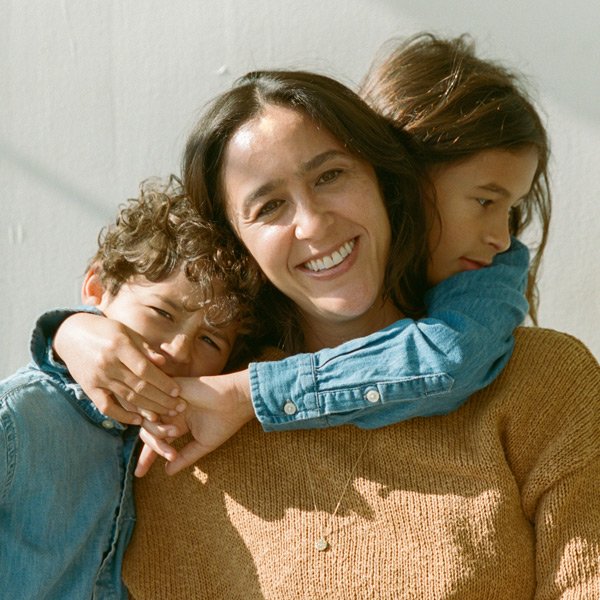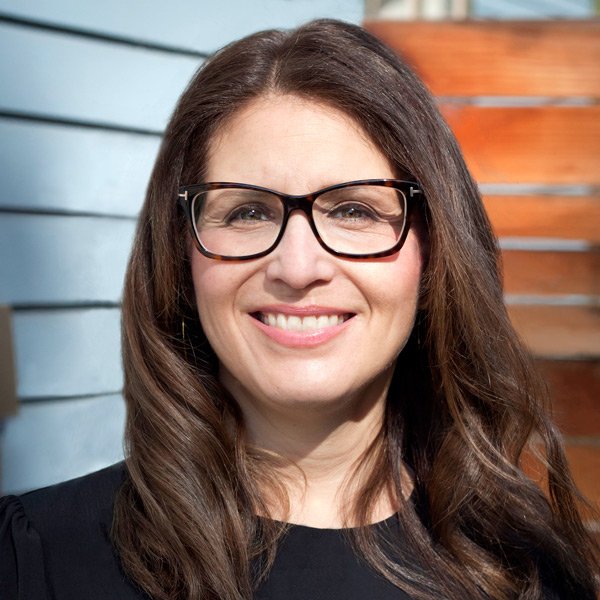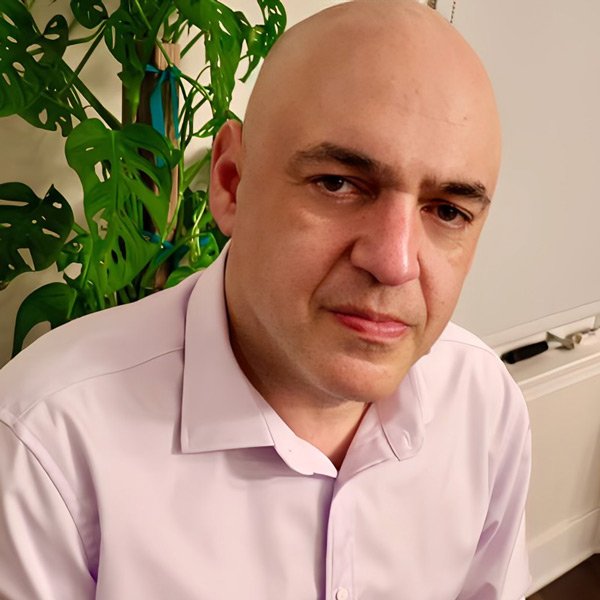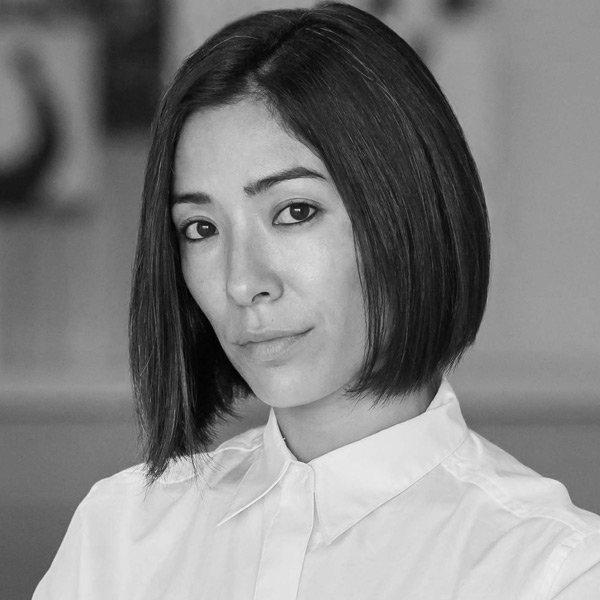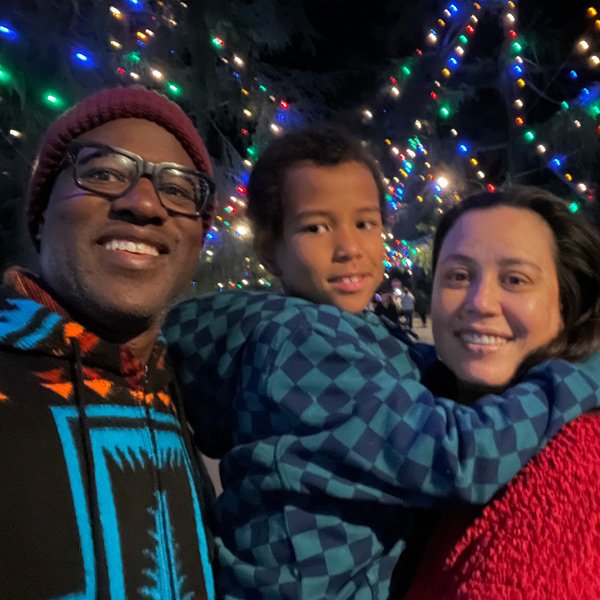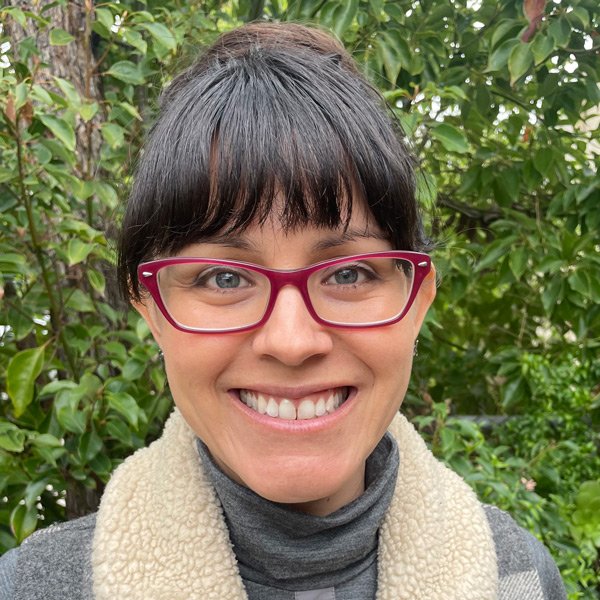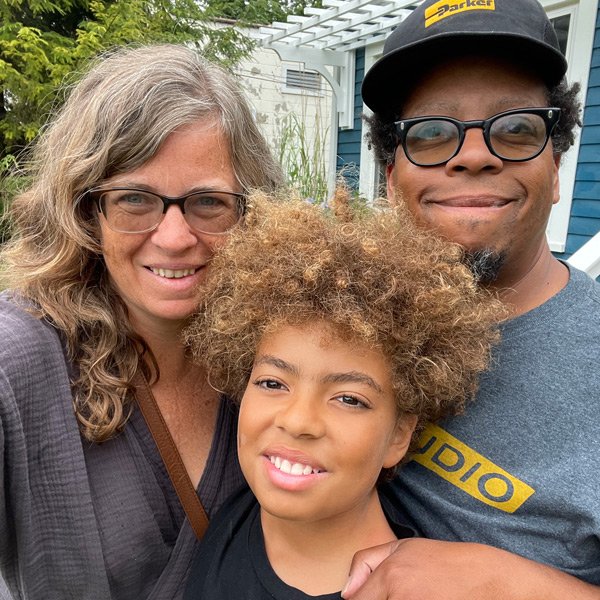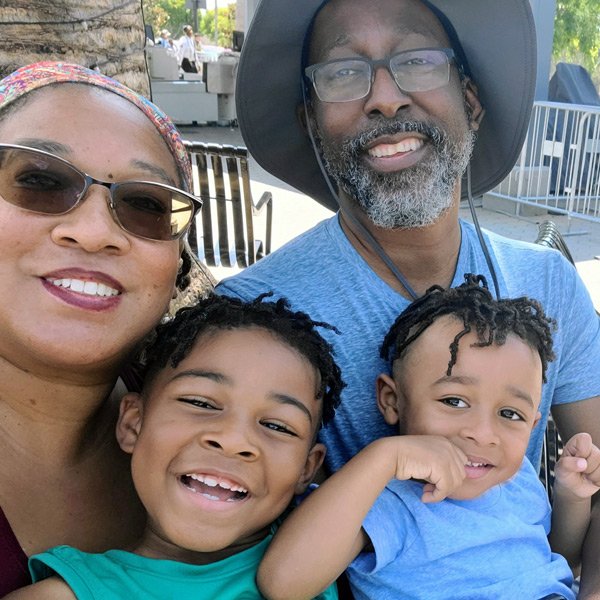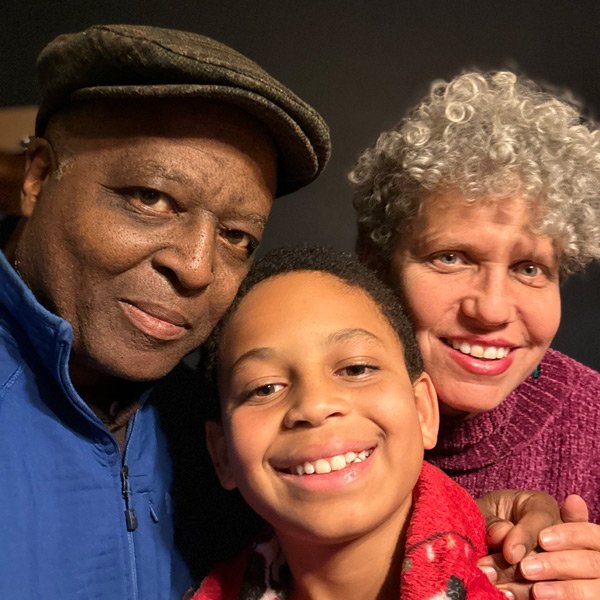K-12 Anti-Bias Task Force
How do we as a community foster dialogue and learning - and hold each other accountable?
Purpose
The diversity of identities, life experiences, and beliefs in our school requires us to be intentional about our design of community norms, practices, and policies. The K-12 Anti-Bias Task Force was created to:
Envision how we hold each other accountable to foster dialogue and learning
Review our policies and practices that assure that we don’t tolerate harmful bias
Success
Though it’s likely the completion of the task force’s recommendations will be carried out over both short and long timelines, the work of this task force will be successful if, by the end of the process:
Community members understand and are invested in efforts already underway and future efforts toward creating a more equitable and inclusive school.
Community members trust the teams and processes that will lead us forward.
School leaders feel equipped to lead the school toward a sense of belonging for all students, families, and staff.
Structure
The Task Force is responsible for making recommendations to the administration in response to each of the four questions below. To answer these questions, members will consider their own professional expertise and personal experience. Additionally, members will consider a variety of fictionalized but plausible school scenarios that exemplify the kinds of dynamics that complicate how we respond and draft policy.
At each meeting, the Task Force will answer one question, informed by the contexts provided in the scenarios. A notetaker will take minutes at each meeting and be responsible for coming up with 2-3 recommendations. The recommendations and minutes will be summarized into a one-page by administrators. Before disbanding, the Task Force will review and approve all summarized recommendations and determine next steps.
Guiding Questions
To answer these questions, Task Force members will consider the provided scenarios as well as their professional expertise and personal experience.
How should we structure and communicate about our response to violations of our community norms at Sequoyah School?
Through what ongoing process(es) can we better understand student development, student culture, and student experience at Sequoyah School?
What educational support do students need to both prevent and respond to incidents of harm?
What can the school provide to parents/guardians/families to help them best support their children and school community when bias occurs?
For this work to be lasting and effective, multiple perspectives will be essential, including those of students and other community members. We are grateful that so many of you expressed interest and are confident we can deepen the ways we live Sequoyah’s mission. As Rebecca noted, "This is all of our work, so let us rise to it. Together, we can keep building the Sequoyah we were founded to be."
DuVon Davis
Chair, Board of Trustees DEI Committee
Laura Gowen
President, Board of Trustees
Committee Biographies
-
Rachel Adler is a native Angeleno and mom to two Sequoyah kids. She is an American born Jew of both Eastern European and Latin American descent. Having recently completed a Master in Psychology, she is on the road to becoming a licensed therapist and has a history of committed work and education in social justice issues related to gender and identity. Rachel is excited and grateful for this opportunity to contribute to the community.
-
Mary Jane Biancheri is the proud parent of a Sequoyah 10th grader and 12th grader. Her family has been at Sequoyah since 2012. She has a Master of Science in Education from Bank Street in New York City and has taught in both elementary schools and preschools. Mary Jane is currently teaching the child development & education courses at Glendale Community College. Her studies at Bank Street and her work at Pacific Oaks College and Children’s School led to her focus on the importance of progressive and anti-bias education for all children. Mary Jane taught the anti-aias education course at Pacific Oaks College and has incorporated the goals of an anti-bias education throughout the courses she now teaches.
-
Marisela Chávez has worked in higher education for over twenty years. As Director of the Faculty Development Center at CSU Dominguez Hills, she supports faculty in teaching via social justice and student-centered pedagogy. Using her training as a historian, her understanding of intersectionality, and her previous experience as department chair for Chicana/o Studies, she works to help create institutional-level policies that seek equity on campus. At her children’s previous school, she served on the governing board and was a member of a parent group that advised on curriculum and professional development. Marisela grew up in Los Angeles, is an avid reader, and likes trying out new recipes in the kitchen. She is looking forward to working on the Task Force.
-
Jerod Gunsberg works as an attorney defending people who face criminal charges in federal and state court. In addition to his private practice, Jerod is regularly called upon by the L.A County courts to defend youth accused of serious crimes. In the aftermath of George Floyd’s murder and the racial justice protests of 2020, Jerod was the managing attorney for the L.A. legal community’s pro bono mass defense of arrested protestors. Jerod currently serves as a commissioner on the Rent Adjustment Commission for the City of Los Angeles. He identifies as a white man. He is the proud parent of a Sequoyah 9th grader and looks forward to contributing to the task force’s efforts.
-
Mia Locks has worked in the contemporary art sector for 17 years, primarily as a curator in museums from The Museum of Contemporary Art (MOCA) here in Los Angeles to the Whitney Museum and MoMA PS1 in New York. She is currently the Executive Director of Museums Moving Forward, a nonprofit that measures equity and organizational culture in museums across the US. She grew up in Philadelphia, near the Liberty Bell, and is half Korean and half Jewish. She is a mediocre but enthusiastic tennis player.
-
Mobolaji Olambiwonnu has spent his career devoted to cultivating social and racial awareness through cinema. He is a faculty member at CalState LA where he teaches race and cinema courses and a filmmaker whose film Ferguson Rises speaks powerfully to injustice and healing. He has a background in conflict resolution and an obsession with African and African American history. He grew up in Pasadena and Nigeria with parents that are of two different religions and cultures leaving him no choice but to start working at conflict resolution way before he knew what it was. He is excited to work on the Task Force.
-
Edlin Reconco has been involved in education for the past 17 years through various opportunities working with kids and their families in a variety of settings and capacities. Through these experiences, she’s been able to enrich her understanding of learning/praxis, child development, community support, and intentional parenting. She is an LA native born to Mexican immigrant parents and identifies as Chicana. She loves spending time gardening, hiking, running and dancing (especially cumbias!).
-
Lee Anne Schmitt is an essay filmmaker; her projects have addressed American exceptionalism, the logic of utility and labor, gestures of kindness and refusal, and the history of racial violence in the United States. The Program Director of the Film Directing Program at the California Institute of the Arts, for the last five years she has also served as their Director of Faculty Affairs. In that role she partnered with the faculty to create a more equitable search process, diversify the faculty and supported the development of Anti-Racist and inclusive classroom practices and curricula. She lives with her partner, the musician Jeff Parker, son Ezra (Junior High) and stepdaughter Ruby, who studies at PCC.
-
Jason Taylor has served in public education for 25 years as a teacher and currently as a school administrator. He has consistently championed curricula that foster equitable classrooms, programs and resources to address systemic needs for teachers and advocacy for data driven decision making for designing new structures and policies. Consequently, Jason welcomes the opportunity to contribute his professional expertise and personal experiences to ensure Sequoyah is a safe learning space for all students to thrive collectively.
-
Tasha Willis became acutely aware of being “different” as a Black biracial girl growing up in segregated 1970s Chicago, and later as an exchange student in Germany and Nigeria. Drawn into intergroup dialogue facilitation, she began exploring her privilege (middle class, cisgender, heterosexual, able-bodied, etc.) which influenced her career in social work, educational equity and international education. An associate professor of social work at Cal State LA, Tasha’s focus on intersectionality, campus climate, inclusion, belonging and justice contributed to her excitement about Amari (and the rest of her family!) joining Sequoyah in 2018. Amari is now in the OutBack.
-
Item description
-
Are you a Sequoyah parent/guardian who wants to be more involved in DEI work at the school? Email Co-Director of DEI Marisol Perez to inquire or share your ideas!
